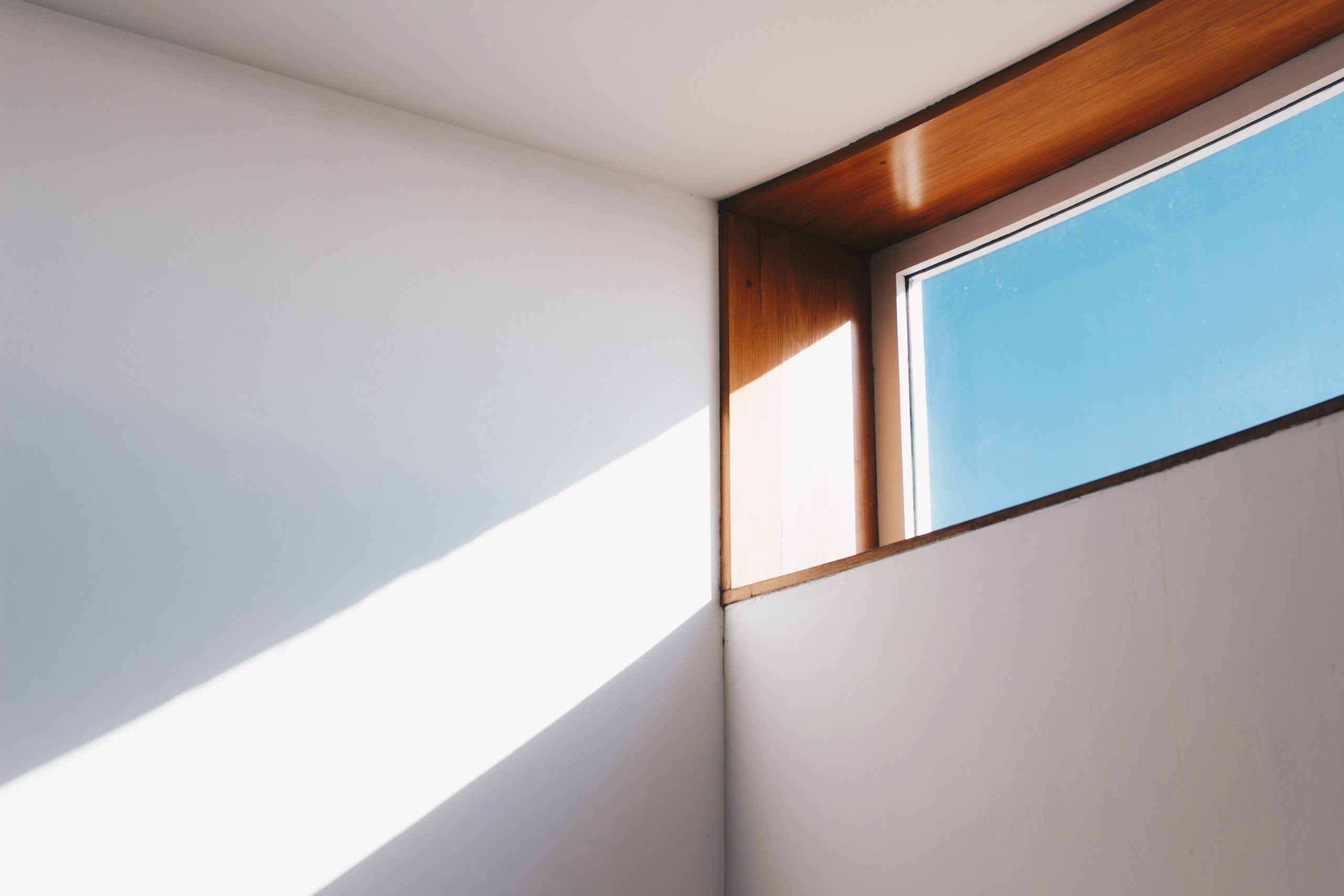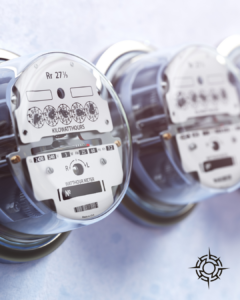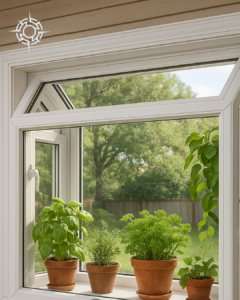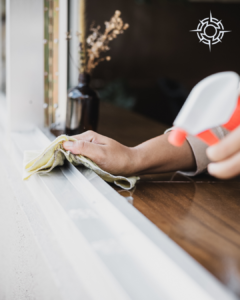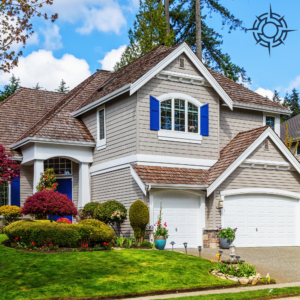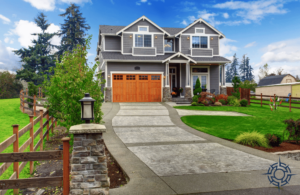Home improvements are an essential part of homeownership, and window replacement, often undervalued, can have a remarkable impact, particularly for residents of the Midwest, known for its extreme weather patterns. This guide aims to provide an insight into the advantages that window replacement offers, enabling homeowners to make an informed choice.
Unlocking the Potential: Benefits of Window Replacement in Midwest Homes
In a region where the climate swings from sweltering summers to frigid winters, a home’s energy efficiency is paramount. Replacing your windows can have numerous advantages:
- Energy Efficiency: Contemporary windows excel at keeping winter’s chill and summer’s heat at bay, leading to fewer demands on your heating and cooling systems. The consequence? A significant reduction in utility bills.
- Home Comfort: The capability of maintaining a stable indoor temperature combined with the dampening of outside noise dramatically improves the comfort of your living space.
- Home Value: Modern windows not only augment the aesthetic appeal of your home but also its market value. A 2017 study by the National Association of Realtors highlighted that homeowners could recover approximately 73% of their investment in replacement windows when selling their homes.
- Security: Advanced locking mechanisms in new windows add an extra layer of protection to your home.
- Ease of Maintenance: Today’s windows often feature durable materials and easy-clean options, making upkeep less laborious and time-consuming.
Deciphering Window Energy Efficiency
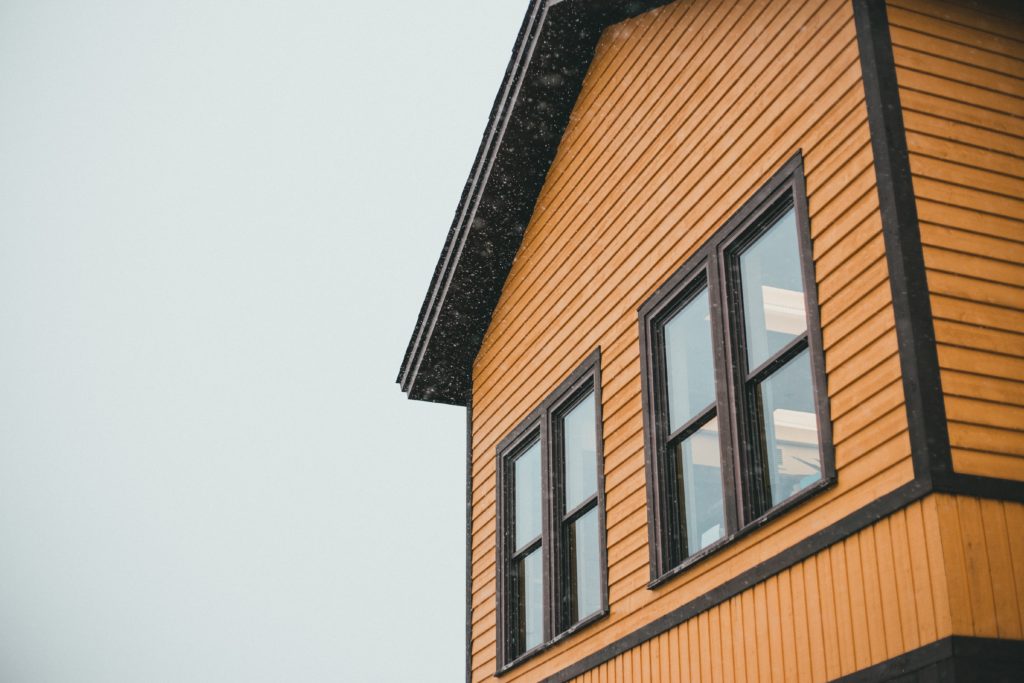
A window’s energy efficiency is influenced by several factors, including the frame material, the number of glass panes, the type of glass coating, and the presence of insulating gases between the panes.
In the United States, the Environmental Protection Agency (EPA) sets strict standards for energy performance through its ENERGY STAR program. Additionally, the National Fenestration Rating Council (NFRC) offers unbiased performance ratings, enabling consumers to compare products easily.
Consider these crucial ratings when selecting windows:
- U-Factor: This measures the window’s insulation efficiency. In Midwest climates, aim for a U-Factor of 0.30 or less.
- Solar Heat Gain Coefficient (SHGC): This indicates the amount of solar radiation the window allows inside. For the Midwest, a moderate to high SHGC (around 0.4) can help reduce heating costs during winter.
- Visible Transmittance (VT): This is the amount of visible light the window permits. A higher VT ensures more daylight.
- Air Leakage (AL): This rating quantifies the volume of air that can escape through a window. A lower AL ensures less air leakage.
Comfort: A Subtle Upside of Window Replacement
Improving comfort is one of the intangible yet profoundly influential benefits of window replacement. A consistent indoor temperature, a quieter ambiance, and an influx of natural light contribute to a more comfortable living space.
The energy-efficient nature of modern windows helps maintain steady indoor temperatures and reduces the intrusion of outdoor noise. High-quality windows also allow more natural light inside, enhancing the ambiance of your home while using low-emissivity (low-E) glass coatings to limit UV rays that can fade furnishings.
Assessing comfort enhancements can be subjective, but monitoring changes like temperature consistency, noise levels, and daylight quality can provide useful insights.
Window Replacement: A Gateway to Enhanced Home Value
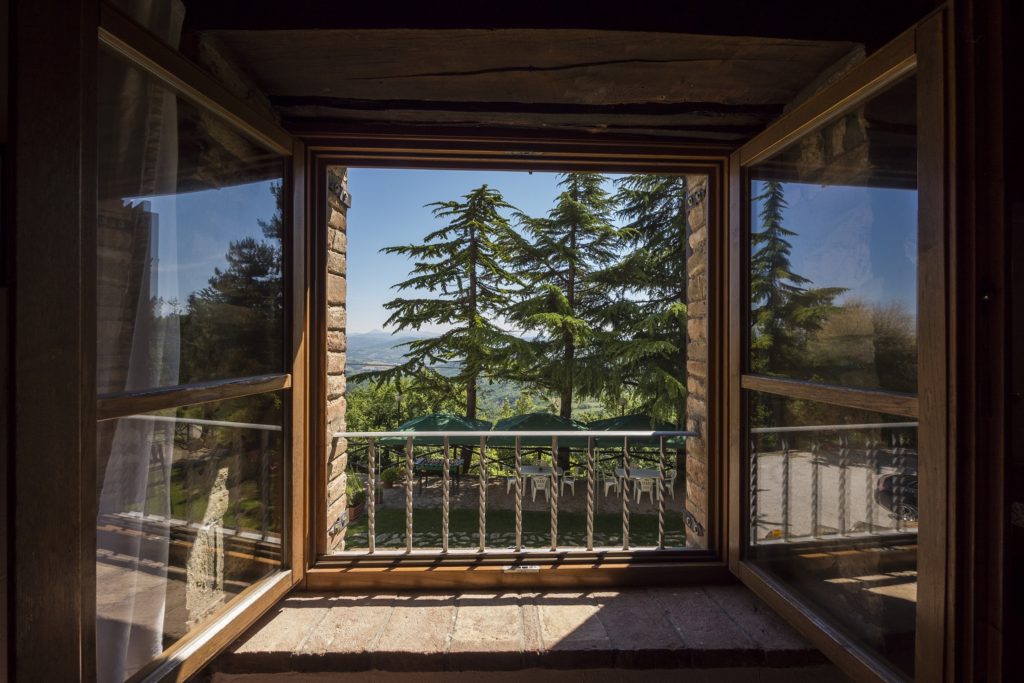
Replacement windows not only bolster the aesthetic appeal of your home but also its energy efficiency, safety, and functionality, thereby raising its resale value. According to the National Association of Realtors’ 2017 Cost Versus Value study, homeowners could recoup about 73% of their replacement window investment upon selling their homes. However, several factors can influence this:
- Window Type and Quality: The type and features of your new windows significantly impact your return on investment. For instance, energy-efficient, double-glazed windows might offer a higher value increase than single-glazed ones.
- Consistency with Home Style: The window style should harmonize with the architectural style of your home to maximize appeal.
- Local Market Preferences: The value increase can depend on local market trends. If energy efficiency is a top priority for buyers in your area, high-performing windows could yield a substantial return.
- Future Plans: The cost of replacement might not be fully recouped if you plan to sell your home soon. However, for long-term residents, the comfort, energy savings, and aesthetic improvements may justify the investment.
Window Replacement: An Upgrade in Safety and Security
Windows are often seen as a vulnerability in home security. However, modern window technology significantly enhances the safety and security of your home with features such as advanced locking systems, stronger glass types, and easier opening mechanisms for emergencies. Additional safety considerations include:
- Type of Window: Some window styles are inherently more secure. For example, casement windows, which are opened and closed with a crank, are more secure than double-hung windows when locked.
- Security Features: Additional features like reinforced frames, security screens, or integrated alarm sensors can further enhance window security.
- Privacy: Frosted or tinted glass can provide increased privacy along with enhanced security.
- Insurance Considerations: Insurance companies may offer lower premiums for homes with high-security windows, leading to potential long-term savings.
Reducing the Burden: Ease of Maintenance with Modern Windows
Modern windows have evolved to incorporate features that significantly reduce maintenance efforts:
- Frame Materials: Vinyl and fiberglass frames resist rot and don’t require painting, unlike traditional wooden frames. They’re also easier to clean and more durable.
- Double-hung Windows: Many modern double-hung windows are designed to tilt inward, allowing for easy cleaning of both the interior and exterior surfaces from inside your home.
- Glass Coatings: Some windows are available with special coatings that repel water and reduce dirt accumulation on the glass surface, making cleaning less frequent and more straightforward.
- Quality Seals: High-quality seals minimize air leakage and prevent moisture penetration, reducing the likelihood of mold growth and improving the window’s longevity.
- Hardware Durability: Modern windows come with more durable hardware, reducing the frequency of repairs or replacements.
Navigating the World of Window Replacement: A Few Tips
Undertaking a window replacement project can be daunting, but the following tips may simplify the process:
- Understand Your Needs: Consider factors such as climate, energy efficiency goals, maintenance preferences, home style, and budget before selecting new windows.
- Check Energy Ratings: Always check for the ENERGY STAR label and the NFRC ratings (U-Factor, SHGC, VT, AL) to ensure you’re getting energy-efficient windows suitable for your location.
- Choose Quality Over Cost: While initial costs can be high, investing in high-quality, energy-efficient windows can yield significant long-term benefits in energy savings, comfort, and home value.
- Hire a Reputable Installer: Installation quality is as crucial as the window quality. Look for licensed, insured, and experienced installers with good customer reviews. Remember, even the best window will underperform if it’s poorly installed.
The Window of Opportunity
Window replacement is an excellent home improvement investment, particularly for Midwest homeowners. Although it requires a substantial initial outlay, the long-term benefits — from energy efficiency and comfort to home value and security — make it a compelling choice.
Remember, the quality of the window and its installation are paramount. So, take the time to understand your needs, research the options, and find an experienced, reputable installer. When approached with care, this home upgrade can pay dividends in comfort, savings, and peace of mind.

